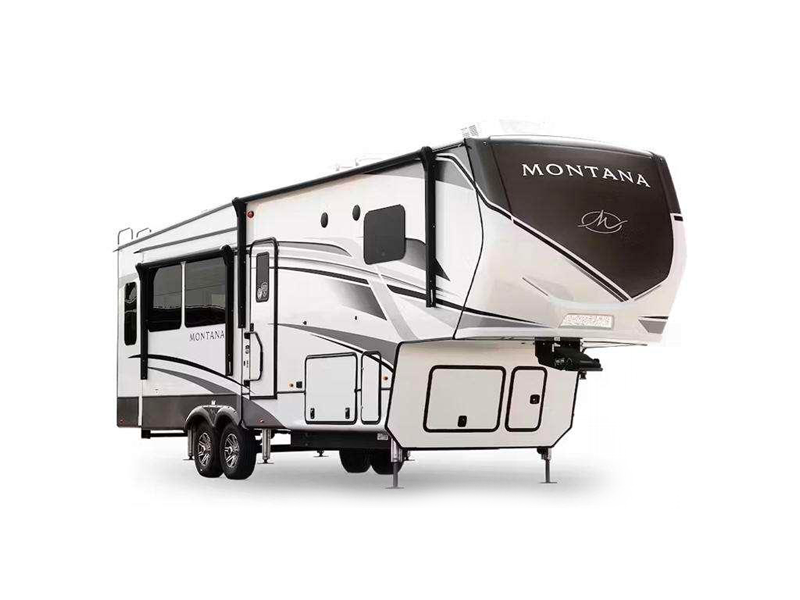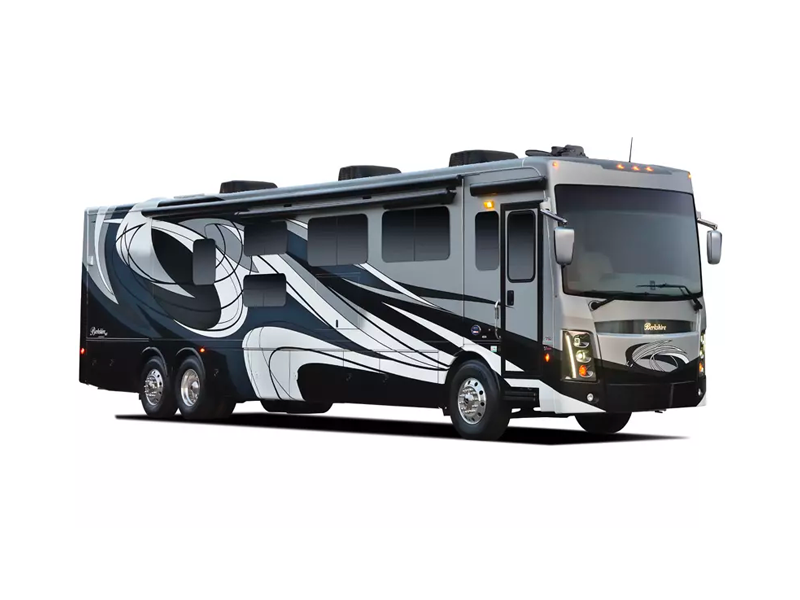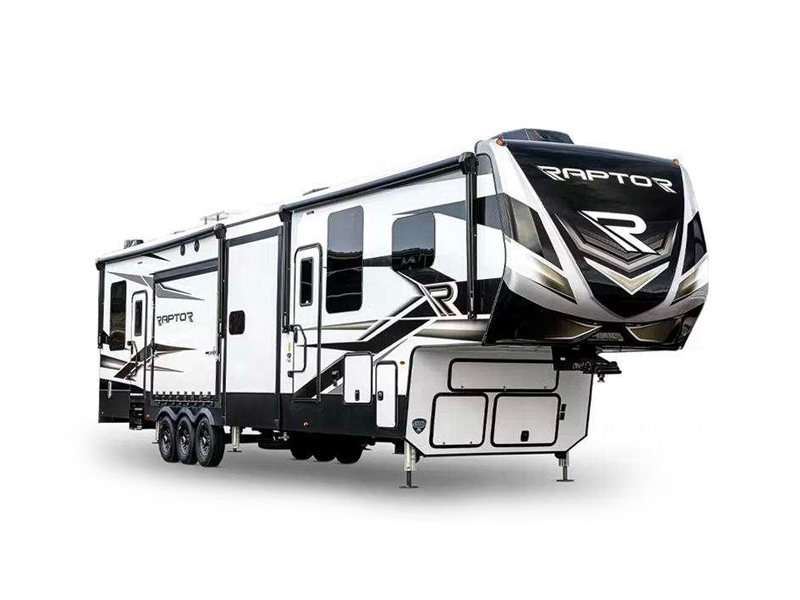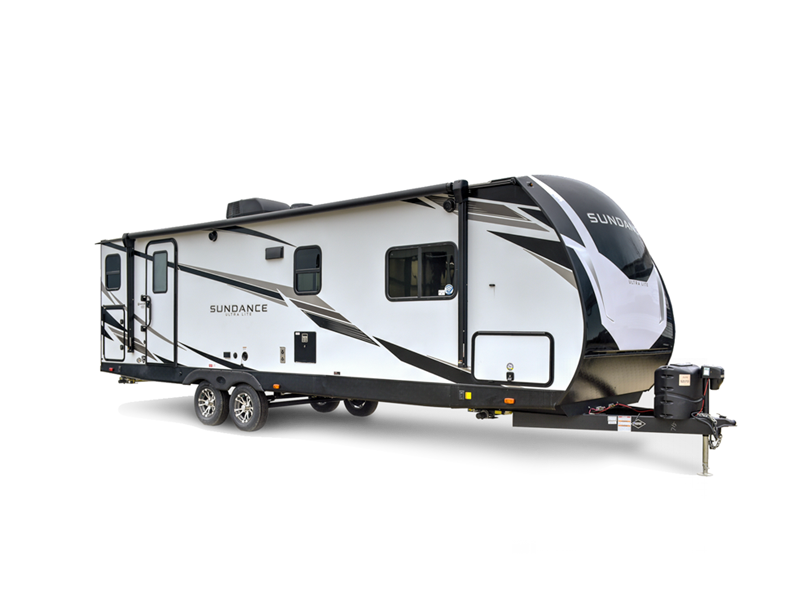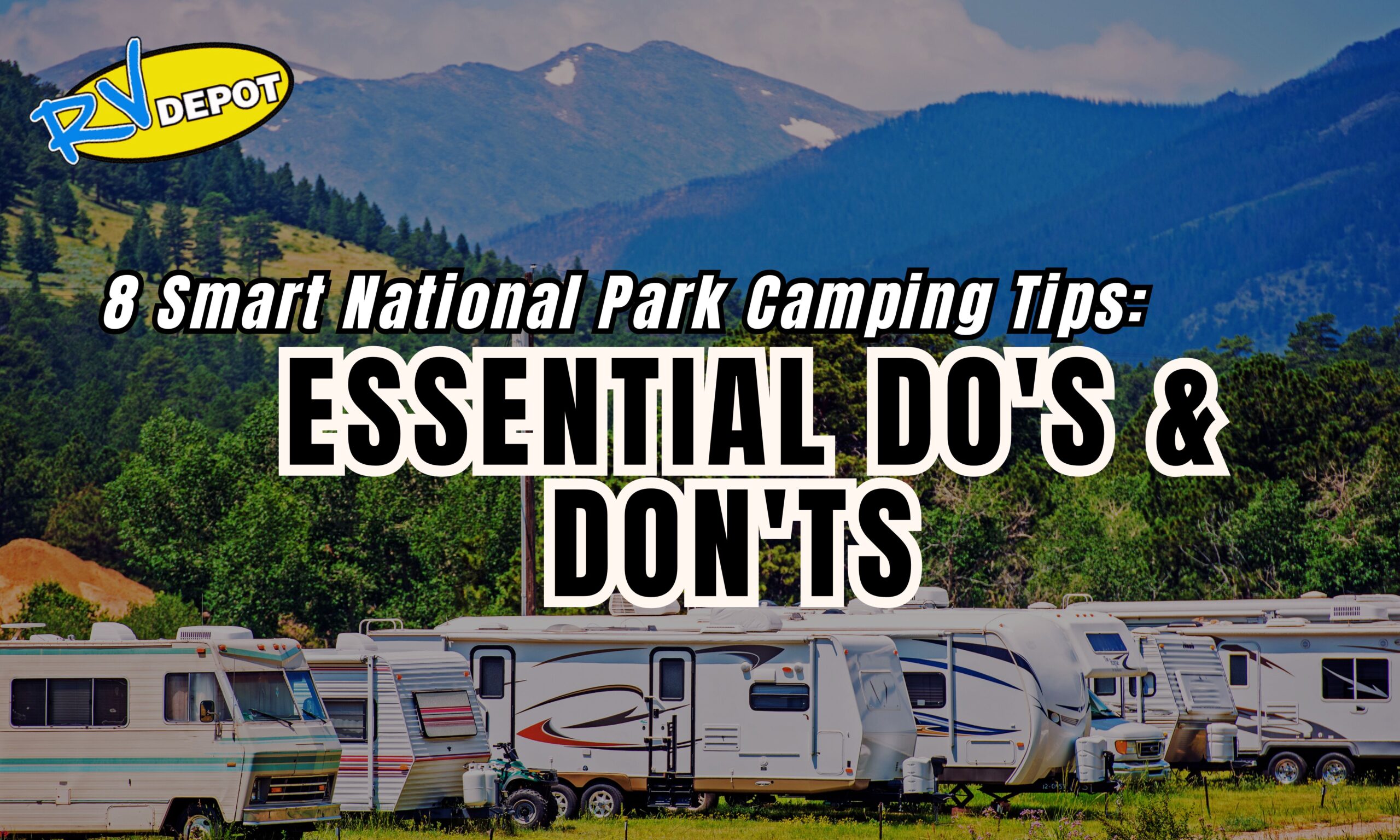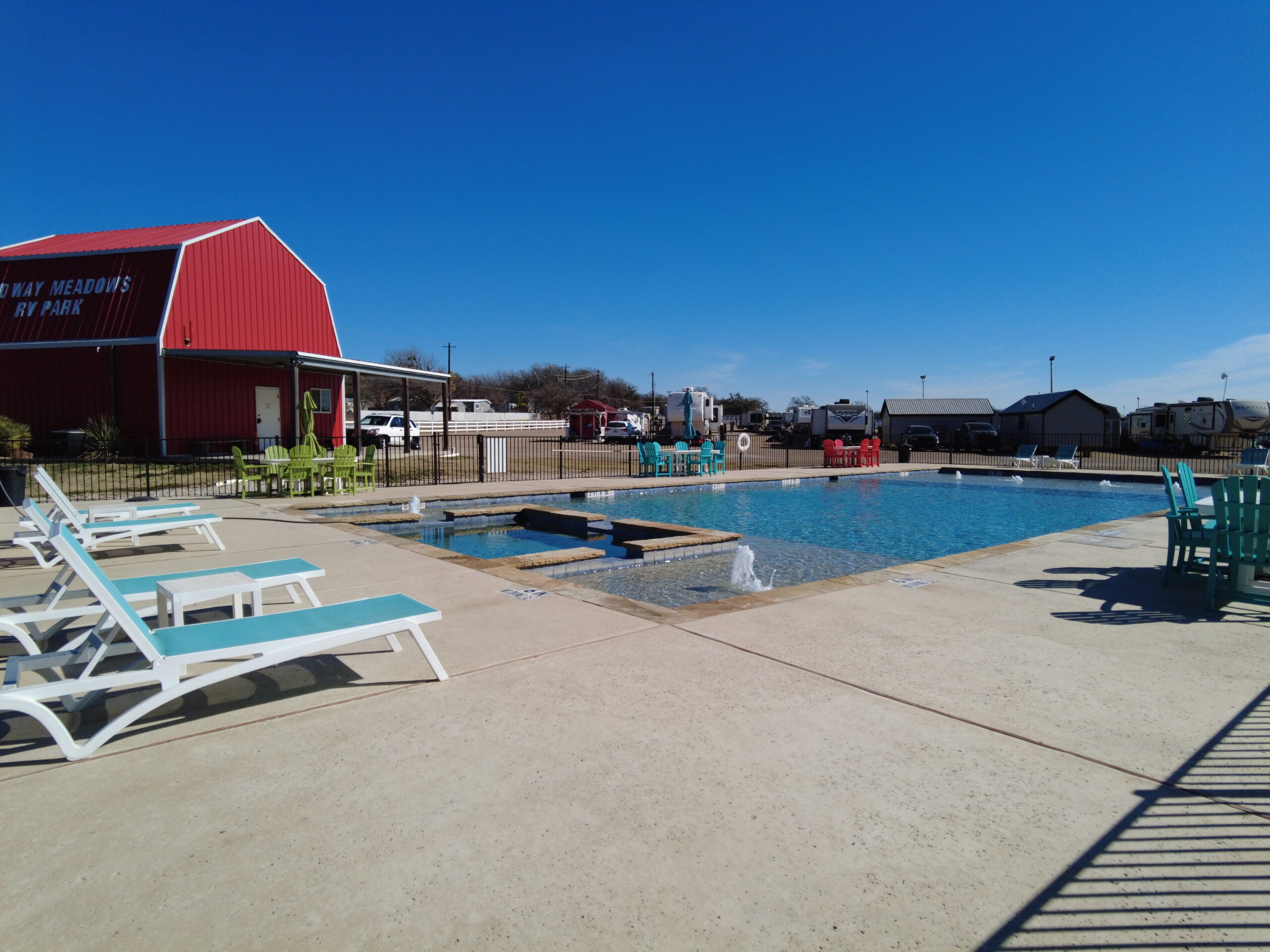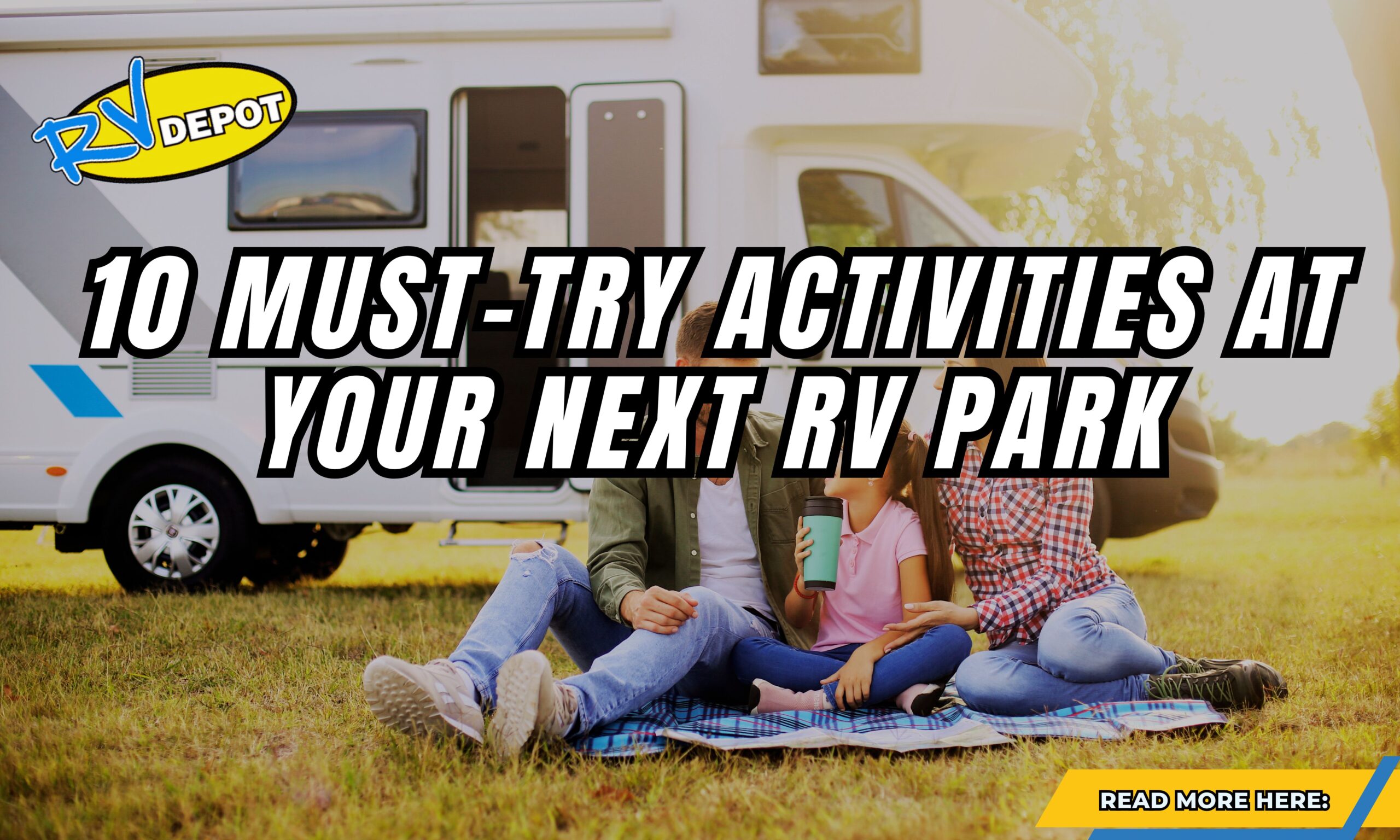There’s nothing quite like waking up to birdsong echoing through towering pines, breathing in that crisp mountain air, and watching the morning sun paint canyon walls in shades of gold and crimson. National park camping offers some of the most breathtaking and soul-stirring experiences available in the great outdoors—from the geothermal wonders of Yellowstone to the massive granite cliffs of Yosemite, from the otherworldly landscapes of Joshua Tree to the misty mountains of Great Smoky.
But here’s the thing: with over 400 areas in the National Park System hosting millions of visitors each year, camping in these treasured landscapes requires more than just throwing a tent in the trunk and hoping for the best. These protected areas exist to preserve America’s most spectacular natural wonders for future generations, and that preservation depends on every camper doing their part.
Whether you’re a seasoned outdoor enthusiast or planning your very first national park camping adventure, understanding the essential do’s and don’ts can make the difference between a trip filled with magical moments and one plagued by preventable problems. From unexpected wildlife encounters (yes, that includes the “harmless” chipmunks) to navigating campfire regulations during fire season, being prepared means being able to fully immerse yourself in the wonder of these incredible places.
At RV Depot in Cleburne, Texas, we’ve helped thousands of families prepare for national park adventures, and we’ve heard all the stories—the good, the bad, and the “I wish someone had told me that beforehand.” That’s why we’ve compiled this comprehensive guide to national park camping etiquette and best practices.
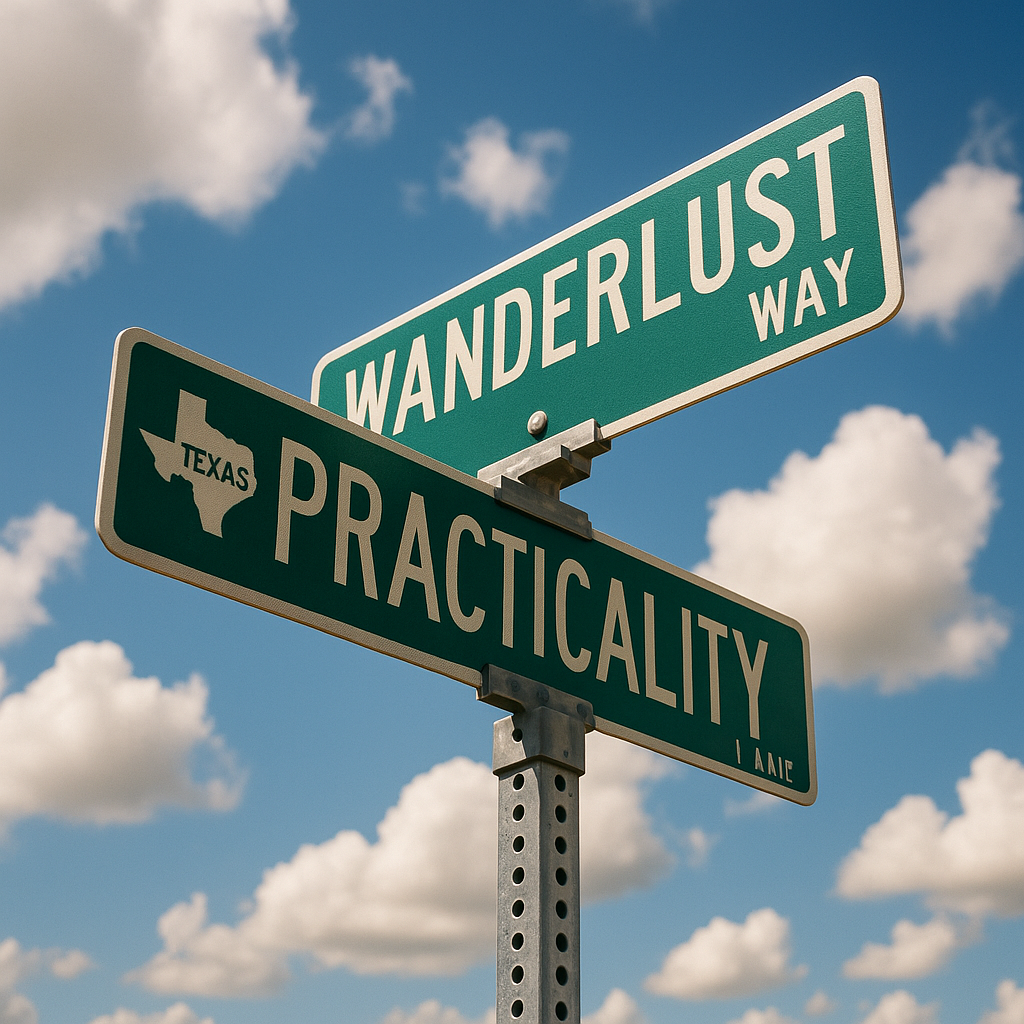
✅ The Do’s: How to Be a Happy Camper
1. Make a Reservation (Don’t Just Wing It)
Most national parks require reservations for campsites—and popular ones can book up months in advance. Don’t wait until the last minute or assume you’ll find a spot when you arrive. Visit the official National Park Service website, or the park’s individual site to check availability and secure your campsite.
➡️ Pro tip: Some parks offer cancellation alerts or last-minute availability tools—use them to snag prime spots!
2. Follow Park Rules and Regulations
Each national park has its own rules designed to protect the environment and keep visitors safe. From where you’re allowed to pitch a tent to how you handle waste or fires, make sure you’re following the park’s guidelines.
When in doubt? Check posted signs at the ranger station or ask a park ranger directly.
3. Respect Wildlife (Yes, Even That Cute Squirrel)
It might be tempting to toss a snack to that curious raccoon or get a selfie with a deer—but resist the urge. Wild animals are wild for a reason, and feeding or approaching them can be dangerous for both them and you.
Always:
-
Store food in bear-proof containers
-
Dispose of waste properly
-
Observe animals from a safe distance
4. Leave No Trace
One of the golden rules of camping: Leave the park better than you found it. That means:
-
Packing out every piece of trash
-
Sticking to trails to avoid damaging vegetation
-
Not disturbing rocks, plants, or natural features
This ensures the park remains pristine for generations of campers to come.
5. Be a Good Neighbor
Camping is more fun when everyone gets along. Respect your fellow campers by:
-
Keeping noise levels down (especially during posted quiet hours)
-
Not walking through other campsites
-
Being courteous in shared areas like restrooms and picnic shelters
A little kindness goes a long way in the great outdoors.
6. Stick to Designated Trails and Campsites
National parks are carefully managed to prevent overuse and environmental damage. Always stay on marked trails and camp only in designated areas. Going off-trail can lead to erosion, plant damage, and even dangerous encounters with wildlife.
Plus, sticking to the path helps protect delicate ecosystems and keeps you safer on your hike.
7. Store Food and Scented Items Securely
From granola bars to toothpaste, wildlife can sniff out anything with a scent. Use bear lockers or hard-sided containers to store food, toiletries, and trash. Never leave items unattended, even for a few minutes.
Bonus: Your fellow campers will thank you for keeping raccoons and bears away from the campground!
8. Join a Ranger-Led Program
Want to learn the history of the park, hear cool wildlife facts, or take a guided night hike? Ranger-led activities are often free and family-friendly. They’re a great way to deepen your appreciation for the park and connect with nature in a meaningful way.
🚫 The Don’ts: What to Avoid for a Safe and Respectful Trip
Don’t Feed the Wildlife
No matter how adorable that chipmunk is—don’t feed the animals. It disrupts their natural foraging behavior, can cause serious health problems, and leads to animals becoming too comfortable around humans (which often ends badly for the animals).
Don’t Damage the Environment
Breaking branches for firewood, picking wildflowers, or carving your name into a tree might seem harmless—but it’s not. These actions cause lasting damage. Take only pictures, leave only footprints.
Don’t Leave Food or Trash Out
This is one of the biggest camping mistakes. Leaving food, dirty dishes, or garbage out can attract animals and create dangerous situations. Always pack up food when not in use and never leave trash behind.
Don’t Start Fires Where You Shouldn’t
Many national parks have fire restrictions or designated fire rings for safety. Starting a fire in an unauthorized area could lead to fines—or worse, a wildfire. Always follow posted fire guidelines and fully extinguish your fire before leaving.
Don’t Ignore Weather Warnings
Weather in national parks can change fast—from sunny skies to sudden hail or lightning storms. Always check the forecast before heading out, bring layers and rain gear, and be ready to pivot your plans if needed.
Bonus Tip: Go Green with Your RV
If you’re camping in an RV, consider how your rig affects the environment. At RV Depot, we offer energy-efficient, better-insulated RVs that reduce your impact while keeping you comfortable on the road. Whether it’s solar power, better fuel economy, or smart storage solutions, eco-friendly camping starts with smart RV choices.
🔗 Looking to upgrade your setup? Visit RV Depot to explore eco-conscious models that make it easy to camp clean and green.
Ready to Explore?
National parks represent America’s best idea—preserving our most spectacular landscapes for everyone to enjoy, today and for generations to come. From the otherworldly hoodoos of Bryce Canyon to the ancient sequoias of Kings Canyon, from the volcanic wonders of Hawaii to the glacier-carved valleys of Montana, these protected treasures offer experiences that simply can’t be found anywhere else.
With the knowledge you’ve gained from this guide—understanding essential do’s and don’ts, respecting wildlife, and embracing Leave No Trace principles—you’re now equipped to explore these incredible places responsibly. National park camping isn’t just about finding a place to sleep under the stars; it’s about becoming a temporary resident in some of Earth’s most remarkable ecosystems, and with that privilege comes the responsibility to be an exemplary steward.
The perfect national park adventure requires the right equipment, and that’s where RV Depot comes in. Whether you’re planning weekend getaways to nearby parks or embarking on an epic cross-country national park tour, having the right RV can transform your camping experience from good to absolutely unforgettable.
Here’s an enhanced ending for the national park camping blog:
Ready to Explore? Your National Park Adventure Starts Here
National parks represent America’s best idea—preserving our most spectacular landscapes for everyone to enjoy, today and for generations to come. From the otherworldly hoodoos of Bryce Canyon to the ancient sequoias of Kings Canyon, from the volcanic wonders of Hawaii to the glacier-carved valleys of Montana, these protected treasures offer experiences that simply can’t be found anywhere else.
With the knowledge you’ve gained from this guide—understanding essential do’s and don’ts, respecting wildlife, and embracing Leave No Trace principles—you’re now equipped to explore these incredible places responsibly. National park camping isn’t just about finding a place to sleep under the stars; it’s about becoming a temporary resident in some of Earth’s most remarkable ecosystems, and with that privilege comes the responsibility to be an exemplary steward.
Making Your National Park Dreams a Reality
The perfect national park adventure requires the right equipment, and that’s where RV Depot comes in. Whether you’re planning weekend getaways to nearby parks or embarking on an epic cross-country national park tour, having the right RV can transform your camping experience from good to absolutely unforgettable.
Consider How the Right RV Enhances National Park Camping:
Comfort After Long Trail Days: After hiking 15 miles through the Grand Canyon or climbing Angel’s Landing, returning to a comfortable RV with a real bed, hot shower, and kitchen makes all the difference.
Weather Independence: When afternoon thunderstorms roll through the Rockies or morning temperatures drop below freezing in Joshua Tree, your RV becomes a cozy sanctuary.
Extended Stay Capability: With proper water, waste, and power management, modern RVs let you maximize your time in parks with longer stays between resupply runs.
Wildlife Safety: Hard-sided RVs provide secure food storage and protection, giving you peace of mind in bear country or areas with curious critters.
Eco-Friendly RV Options for Conscious Campers
At RV Depot, we understand that national park camping enthusiasts care deeply about minimizing their environmental impact. That’s why we offer a selection of eco-conscious RVs featuring:
- Solar-ready systems for off-grid camping
- High-efficiency appliances that conserve resources
- Better insulation reducing heating and cooling needs
- Lightweight designs for improved fuel economy
- LED lighting throughout for minimal power consumption
Our knowledgeable team can help you choose an RV that aligns with your values while providing all the comfort you need for extended park adventures. Whether you’re interested in compact travel trailers perfect for navigating narrow park roads or spacious fifth wheels ideal for longer stays, we’ll match you with the right rig for your national park dreams.
Visit RV Depot for Your National Park Camping Needs

Ready to upgrade your camping setup for the ultimate national park experiences? Our team at RV Depot specializes in helping adventurers find the perfect RV for their national park dreams. From compact units ideal for navigating park roads to fully equipped models for extended boondocking, we have options for every type of explorer.
📍 Visit: 4319 N. Main St, Cleburne, TX 76033 📱 Call or text: (817) 678-5133 💻 Browse Inventory: rvdepottx.com 📧 Apply Online: Get pre-approved in minutes
Our experienced team can help you:
- Choose the right size RV for national park camping
- Understand weight limits for park bridges and roads
- Select eco-friendly features and solar options
- Plan for boondocking in primitive campgrounds
- Find the perfect balance of comfort and maneuverability
Final Thoughts: Be the Camper Parks Need
As you embark on your national park camping adventures, remember that you’re not just a visitor—you’re a guardian of these incredible places. Every time you pack out your trash, give wildlife their space, or help a fellow camper, you’re contributing to the preservation of these natural wonders.
The memories you’ll create—watching sunrise from Cadillac Mountain, hearing wolves howl in Yellowstone, seeing the Milky Way from Big Bend—these moments are priceless. But they’re only possible because generations of responsible campers have protected these places before us.
So go ahead: reserve your spot, pack the marshmallows, prepare your camera, and get ready for adventures that will stay with you forever. The national parks are calling, and with proper preparation and respect for nature, you’re ready to answer.
Here’s to clear skies, quiet mornings, stunning vistas, and the incredible privilege of camping in America’s greatest treasures.
Happy camping, and we’ll see you on the trails! 🏕️⛰️
Remember: Take only pictures, leave only footprints, and create memories that last a lifetime. Questions about full-time RV living? Join thousands of Texans who’ve discovered that home isn’t a place—it’s wherever you park it. Full-Time RV Living Community

